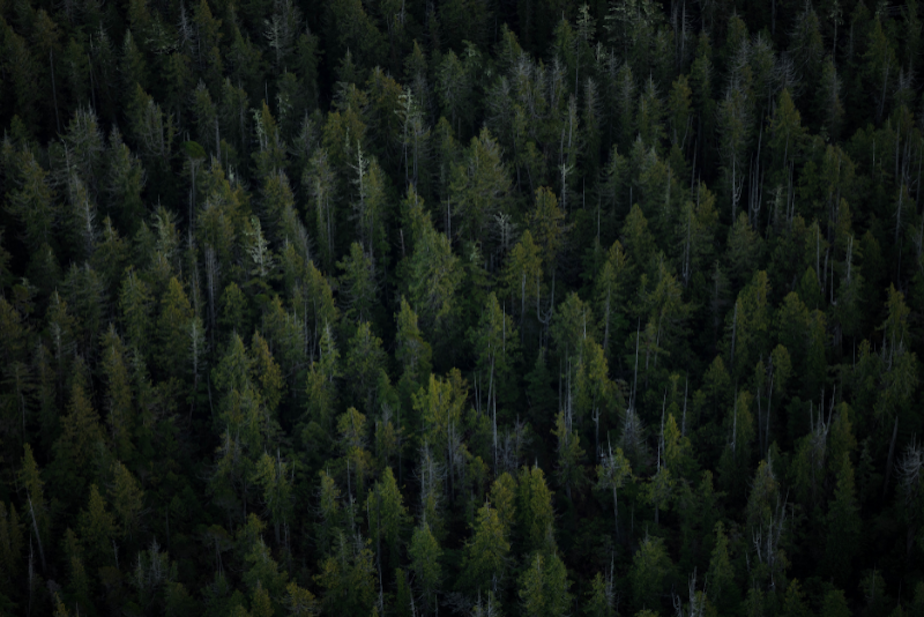Seattle area scientist leads U.S. efforts toward 'holistic picture' of the climate crisis

It’s hard to ignore the persistent reminders of the climate crisis: Smoke hangs in the air and we sweltered through July, the warmest month in Earth's recorded history.
Those are only the immediate signs of this emergency. In the big picture, wildfires threaten the health of our forests and warming oceans alter our marine ecosystems.
As the climate changes, we must adjust how we interact and live with our environments.
To understand these widespread changes on the domestic level, the Biden administration announced in April that it was creating a new study called the National Nature Assessment. The study has been sold as the most ambitious, all-encompassing review ever of the United States' natural world, and will be overseen by the US Global Change Research Program.
The administration tapped conservation scientist and University of Washington professor Phil Levin to lead that research.
Sponsored
"We can see climate change in our world as we speak," Levin said. "But also, we're losing nature at unprecedented rates and there's an equity crisis as well. And when you think about those three [things] together, we have to do something. Now is the time to do something. Now's the time to break down the silos, between climate, nature, and equity and bring them together."
The goal of the assessment is to take stock of the country's land, water, biodiversity, ecosystems, and wildlife. The methodology for the study has so far been outreach: Levin's team is asking people across the U.S. about their relationships to nature, discussing what we can do to protect it and how our environment can protect us.
"For example, a lot of people were asking questions about culturally important species. So obviously, here in the Northwest, we think of salmon and orcas when we think of species that are important to our culture. But there are other species, like Western red, cedar, huckleberries, and so forth, that are really important to cultures," Levin explained.
"People want to know what's happening with those species, not just individually, but collectively."
The result of that initial outreach is a draft prospectus, which is currently open for public comment. Once feedback is gathered, the prospectus will guide a "table of contents" outlining multidisciplinary authors and their research into the issues the public expressed the most interest and concern over.
Sponsored
Some of these subjects have so far been issues around food security, biodiversity, industry security, and the protection of cultural links to nature.
"There have been lots of studies on all these things, but they've never been brought together in a holistic assessment before," Levin said. "And they tend to be siloed ... Department of Agriculture does this; [National Oceanic and Atmospheric Administration] does that; Department of Interior does something else. We need to bring these all together to really put forward a holistic picture."
Listen to the full interview by clicking "play" on the audio above.
You can read and comment on the National Nature Assessment's draft prospectus here.





